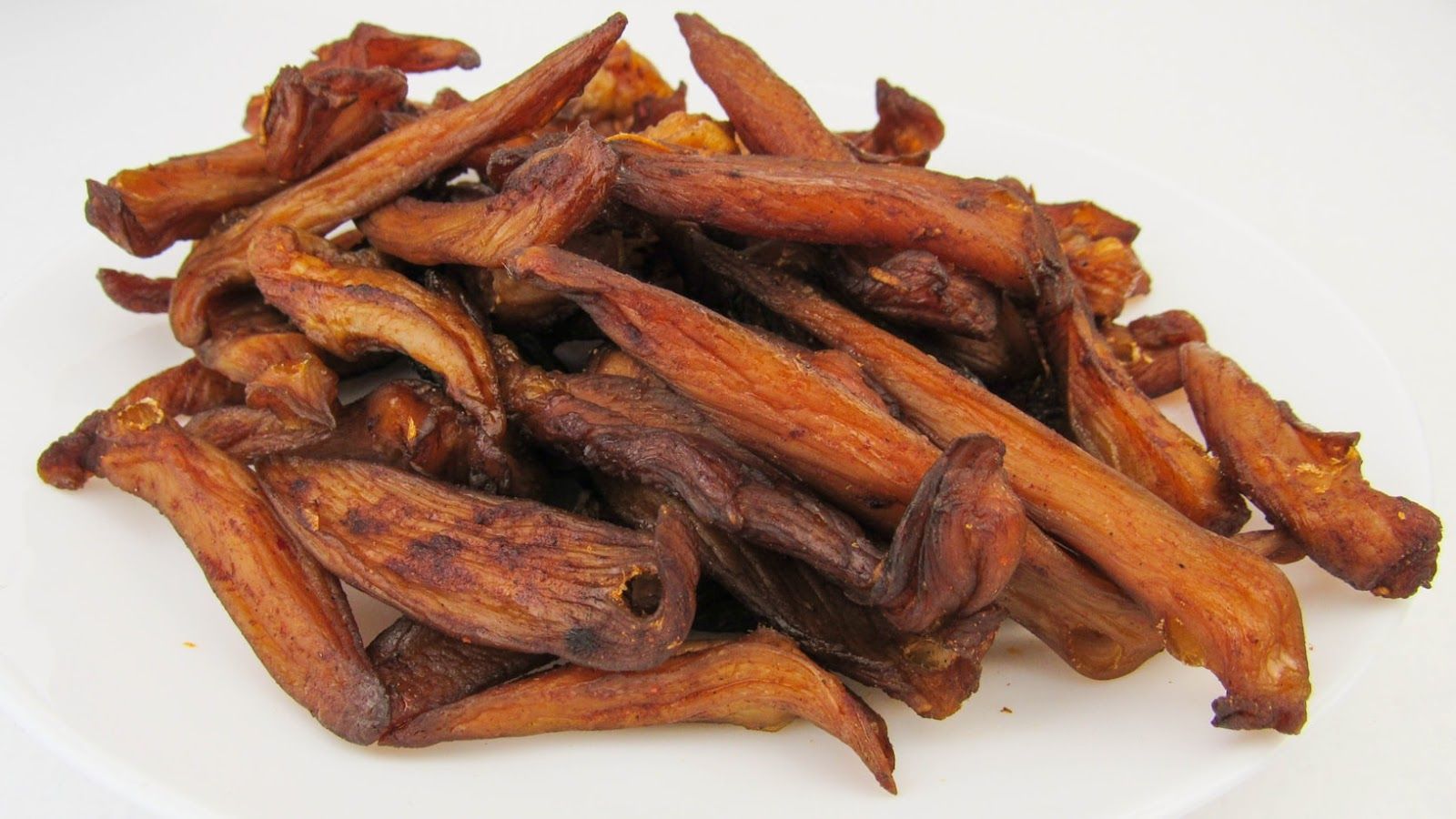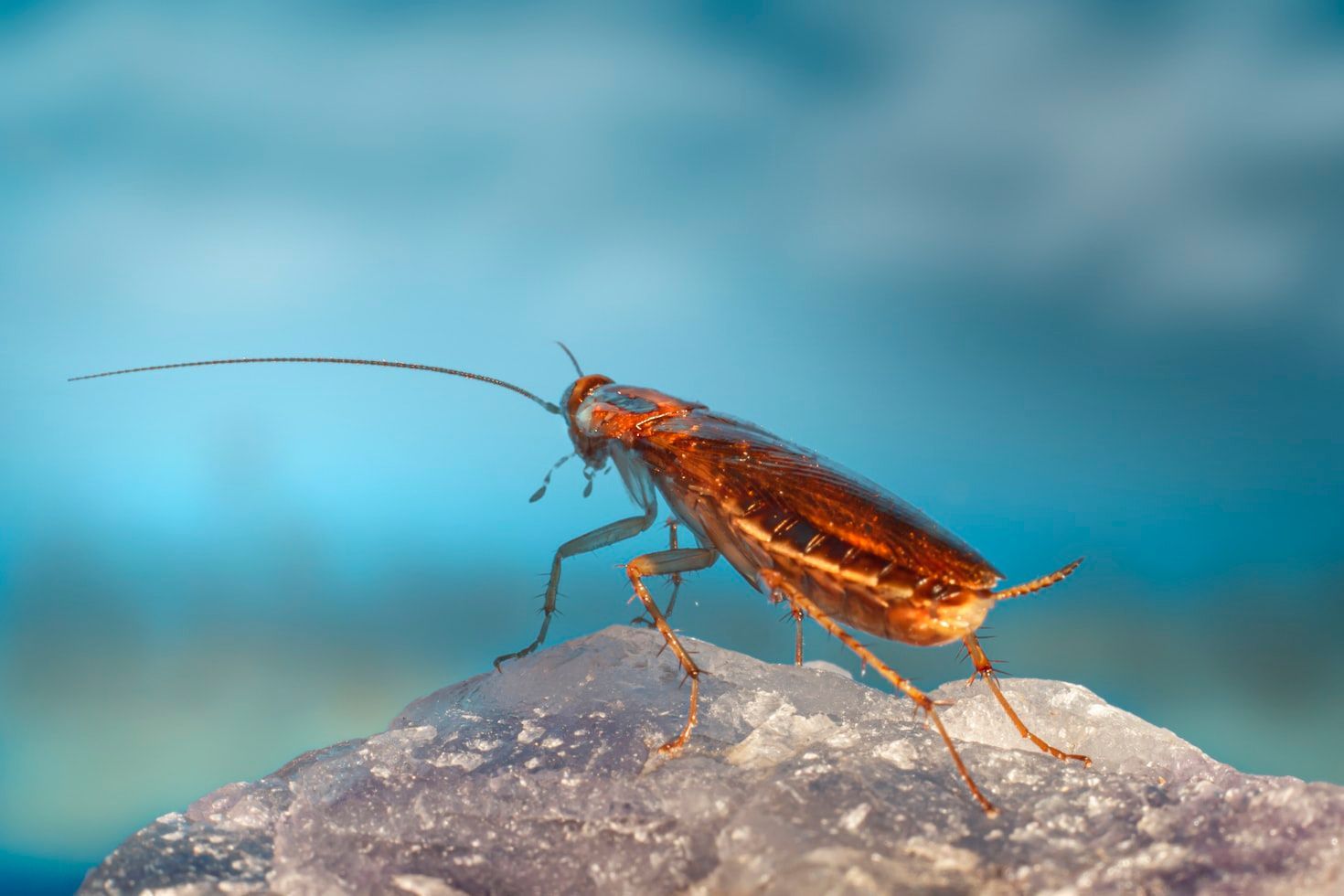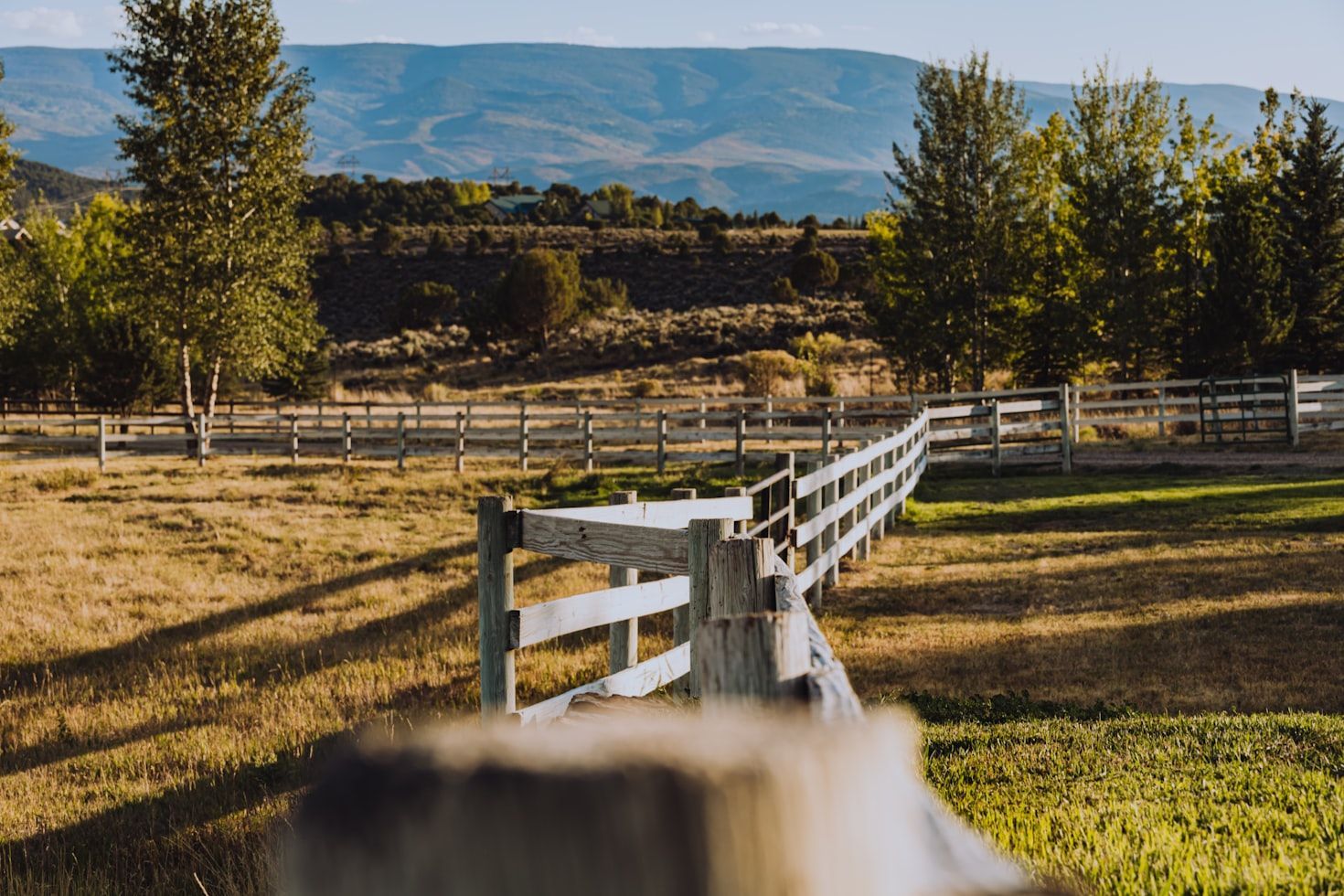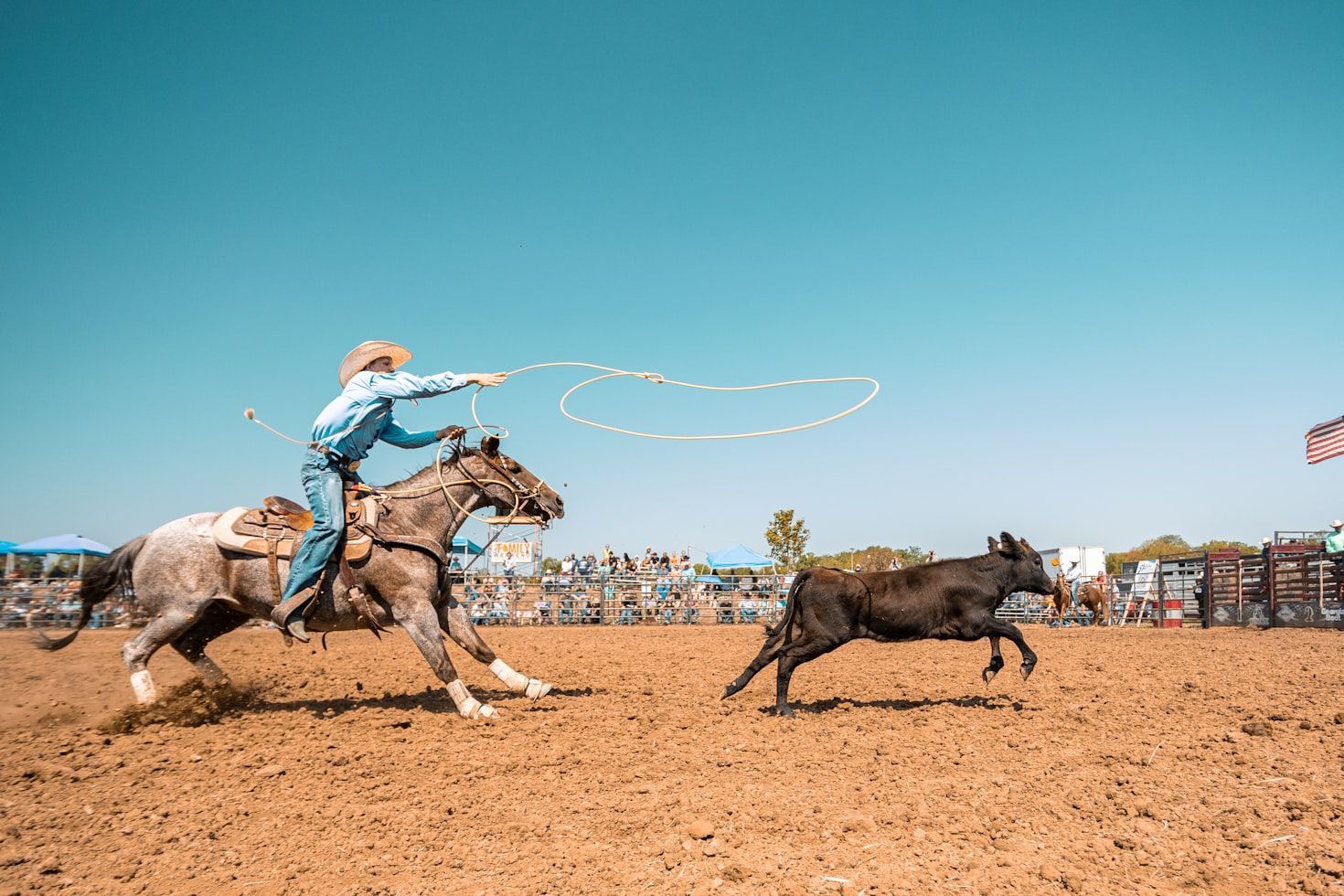See you later, big lizard
Where does 'alligator' come from? English words that used to be Spanishbreeze to eat jerky in the ranch? Words borrowed from Spanish
Published on August 6, 2025
 Credit: Jon Tyson
Credit: Jon Tyson
If you ask an English speaker which common words originate from Spanish, the answer might be something like taco, tostada, or sombrero. They wouldn’t be wrong—but Spanish influence goes much deeper than that.
Spanish has entered the English vocabulary in many ways, and we now use Spanish-derived words to talk about weather phenomena, animals, food, or metals. Let’s take a look at some of these terms.
Alligator
 Credit: Gaetano Cessati
Credit: Gaetano Cessati
Alligators are infamously known as the protagonists of strange Floridian news. They are a species native to only the U.S. and China, so when Spanish explorers first encountered one in Florida, they likened it to what they knew—a big lizard—and called it el lagarto ("the lizard").
English speakers gradually adopted the term, first as allagarto or allagarta, and eventually as alligator.
Tornado
 Credit: Greg Johnson
Credit: Greg Johnson
This term was half-borrowed from Spanish, half-created by English speakers, who mixed the word tronada (meaning "thunderstorm," from tronar, "to thunder") with tornado (the past participle of tornar, "to turn").
In Spanish, tornado was originally only used as a verb, and its current use as a noun was actually borrowed back from English. A true full-circle moment.
Platinum
 Credit: Zlaťáky.cz
Credit: Zlaťáky.cz
Spanish settlers first came across platinum mixed with gold in Mexican and Colombian mines, mistakenly believing it to be a gold impurity. Due to its silver color, they named it platina ("little silver")—a diminutive that carried the idea of being "lesser than."
English later adopted the word platina, which eventually evolved into platinum.
Breeze
 Credit: Dustin Humes
Credit: Dustin Humes
Experts are divided on this one: some say breeze has Old English roots, but the most widely accepted etymology traces it to Spanish (and Portuguese) origin. The word briza (now brisa) originally referred to a "northeastern wind," but later came to describe any gentle, light wind. It was incorporated into English in the 16th century.
Cafeteria
 Credit: CDC
Credit: CDC
The suffix -ería is used in Spanish for places where something is done or sold. So, the cafetería is the place where coffee is prepared and served.
English speakers adopted the word from Mexican Spanish, but by the late 19th century, its meaning shifted from "coffee shop" to "self-service diner."
Key
 Credit: David Carrero Fernández-Baillo
Credit: David Carrero Fernández-Baillo
We’re not talking here about the object used to lock doors, but about the small island. Also spelled cay, this word comes from the Spanish cayo, which in turn derives from the Taíno cairi or caicu, meaning "island" or "land."
Jerky
 Credit: Karyna Panchenko
Credit: Karyna Panchenko
If you like to go camping in the wilderness, you know that jerky is a great snack to have. But did you know that its name comes from the Inca Empire via Spanish?
The Quechua word ch’arki (meaning "dried meat") was adopted into Spanish as charqui, and the term spread throughout the territories of the Spanish Empire. In U.S. regions with Spanish influence, the word eventually evolved into the modern English form: jerky.
Cockroach
 Credit: Erik Karits
Credit: Erik Karits
We don’t know if the English didn’t have roach infestations before or simply didn’t have a name for this unwelcome critter, but the fact is that, around the 16th century, they borrowed the Spanish word cucaracha, which first appeared in English as cacaroch.
Folk etymology eventually connected the word to other animal names, and the spelling evolved into its current form: cockroach.
Albatross
 Credit: Joshua Bergmark
Credit: Joshua Bergmark
In Spanish, this bird is called **alcatraz**—a name you might recognize—which comes from the Arabic al-qattas ("the diver"), a term once used for both albatrosses and pelicans.
Originally, albatross was used in English for many large seabirds, but it’s believed that the Latin albus ("white") influenced its modern form and spelling.
Ranch
 Credit: Tyler Delgado
Credit: Tyler Delgado
The Spanish term rancho derives from the French word ranger (meaning "to line up" or "to arrange"), and one of its meanings is a stock farm or estate—distinguished from a hacienda, which refers to a plantation farm.
English first adopted the term ranchería (meaning a group of small farms or settlements) and later shortened it to ranch.
Cowboy
 Credit: Xavier McLaren
Credit: Xavier McLaren
The term cowboy is a direct translation of the Spanish word vaquero (a mounted cowherd), with an alternate loanword being buckaroo, a phonetic adaptation of vaquero. Other cowboy-related terms of Spanish origin include rodeo (from rodear, "to round up" or "to gather"), lasso (from lazo, "noose"), and bronco (from bronco, meaning "rude" or "rough").
Fun fact: cowboy hats are sometimes called "ten-gallon hats," a corrupted form of either tan galán ("so handsome" or "fine") or galón (meaning "trim" or "braid" of the hat).










